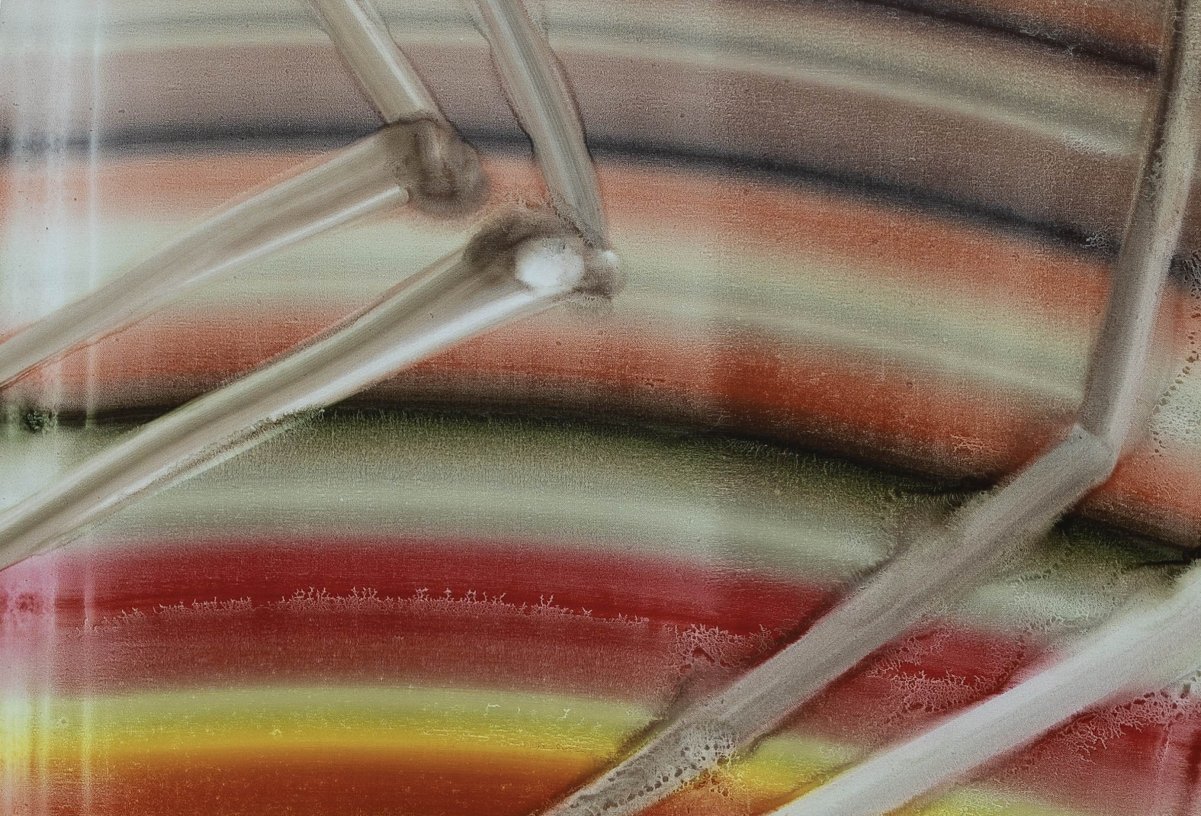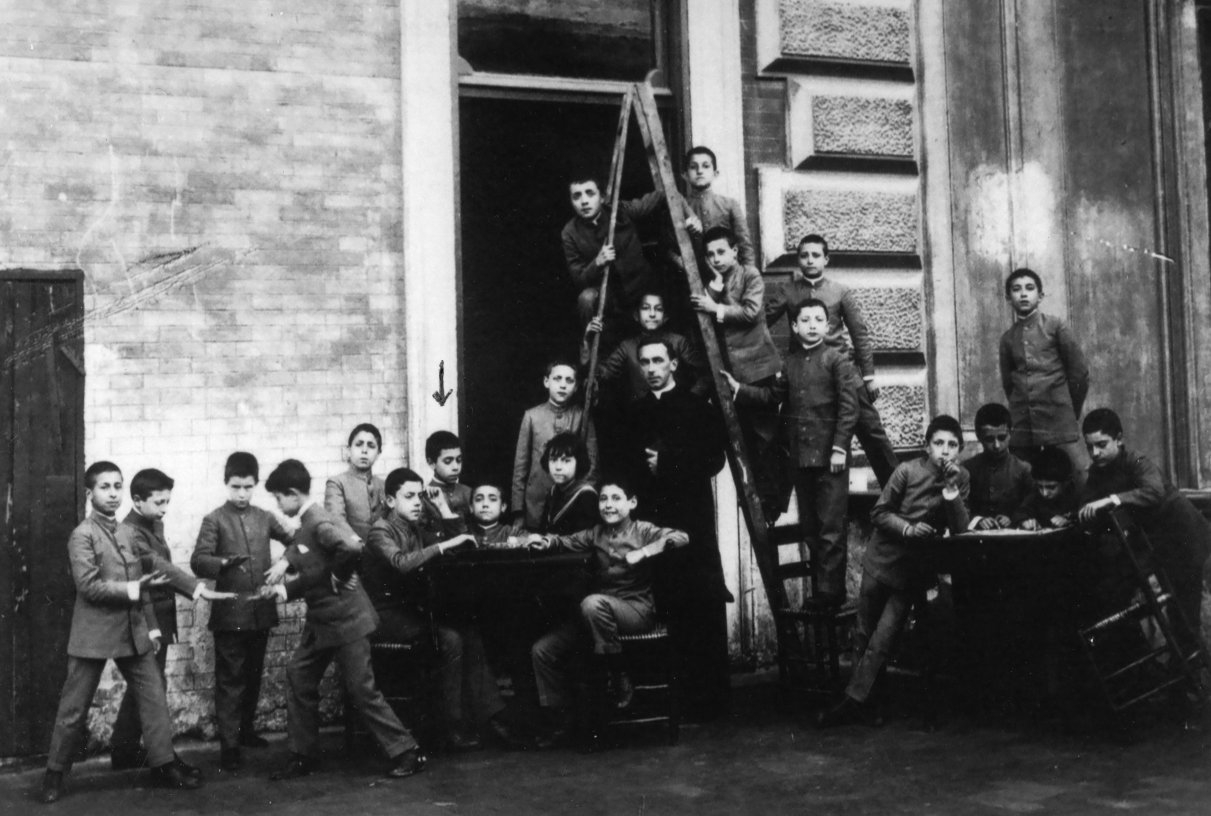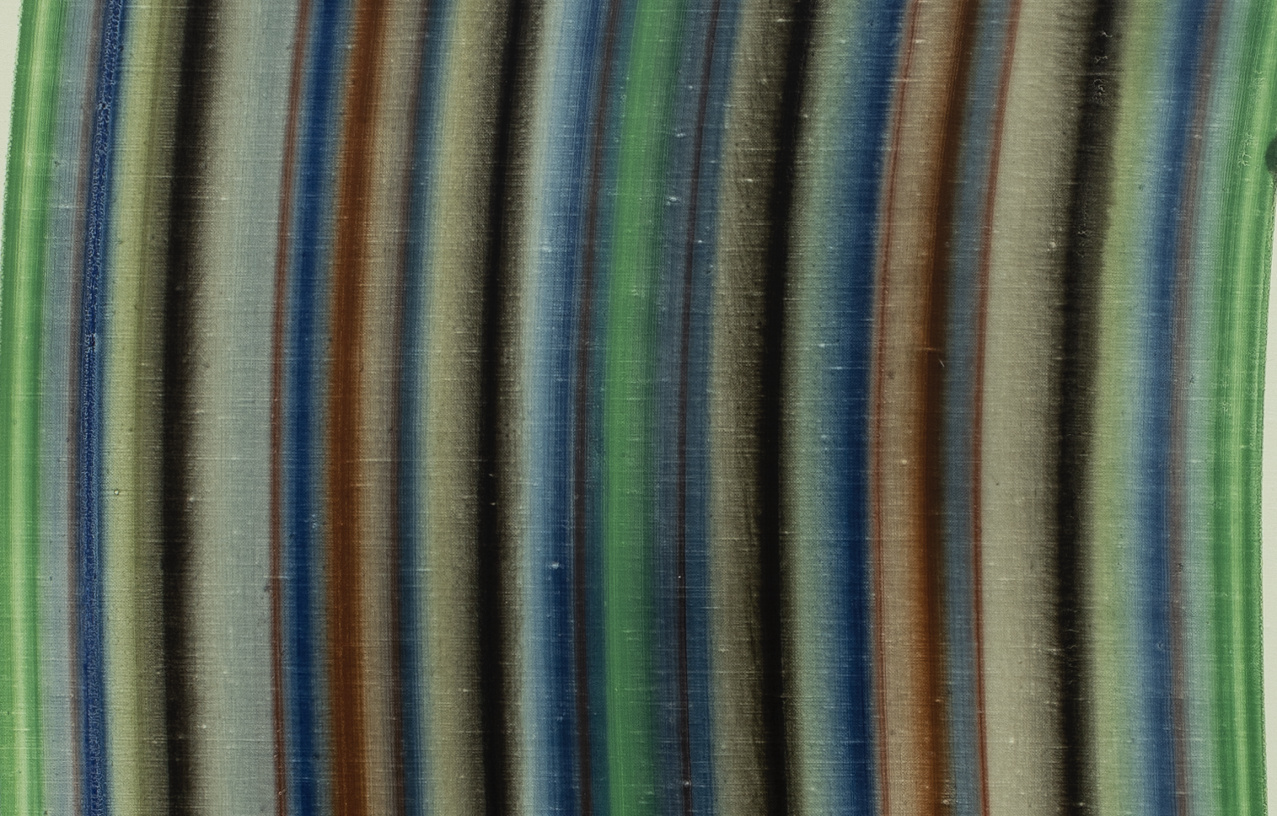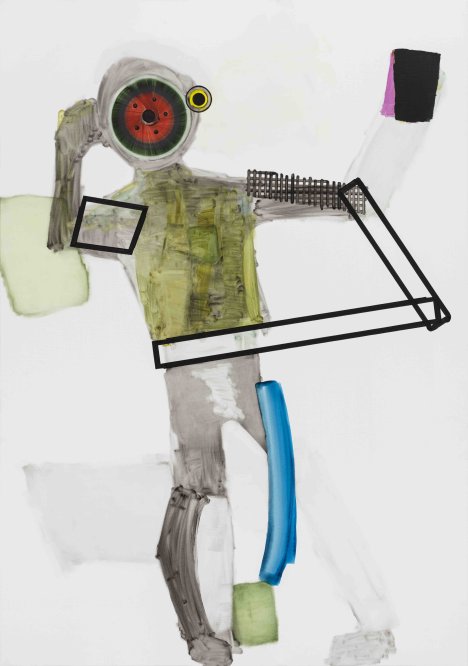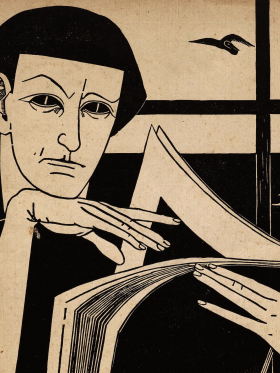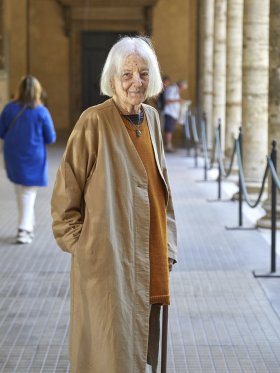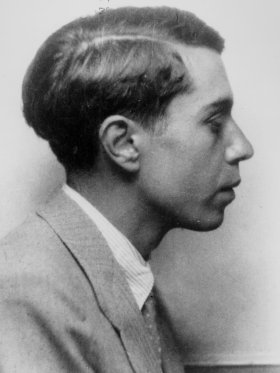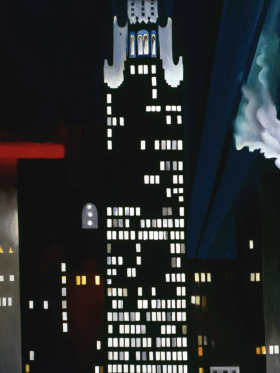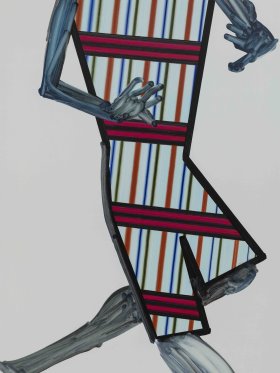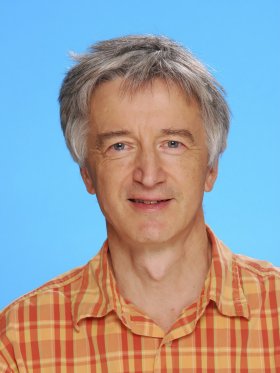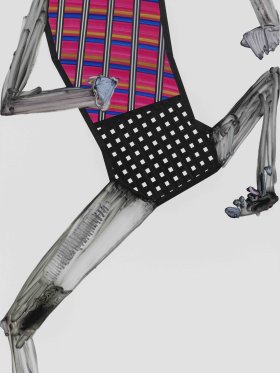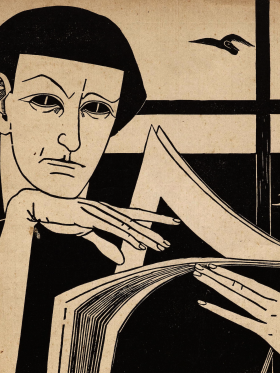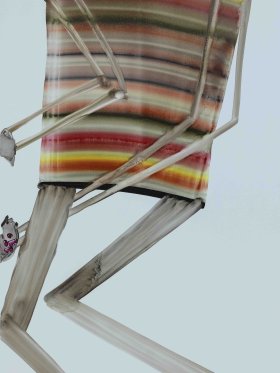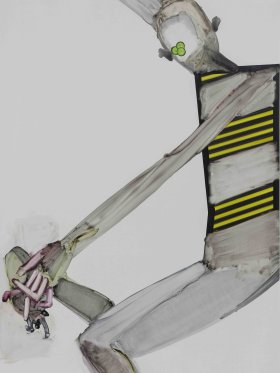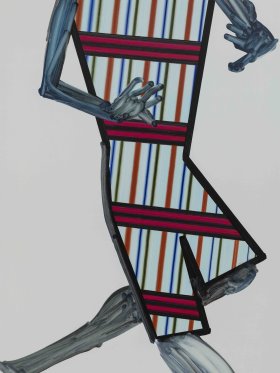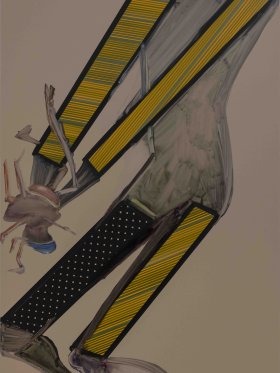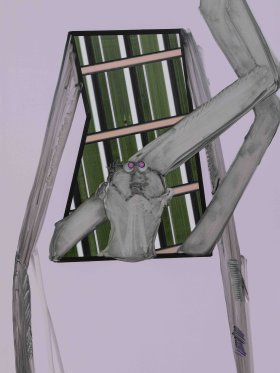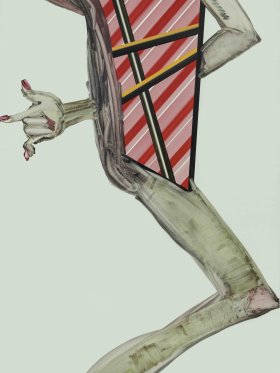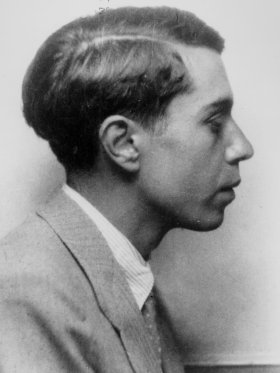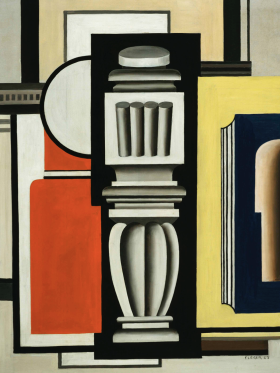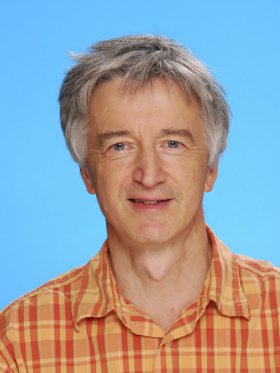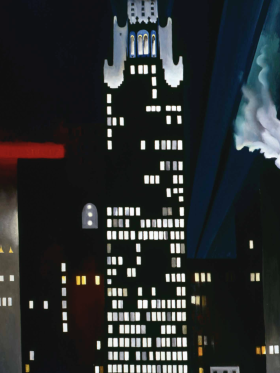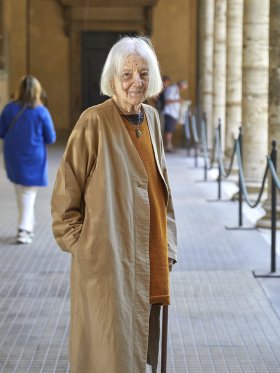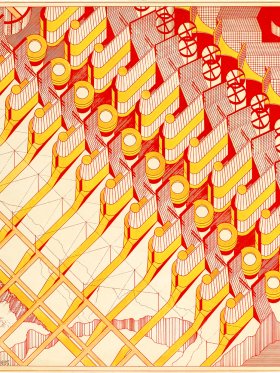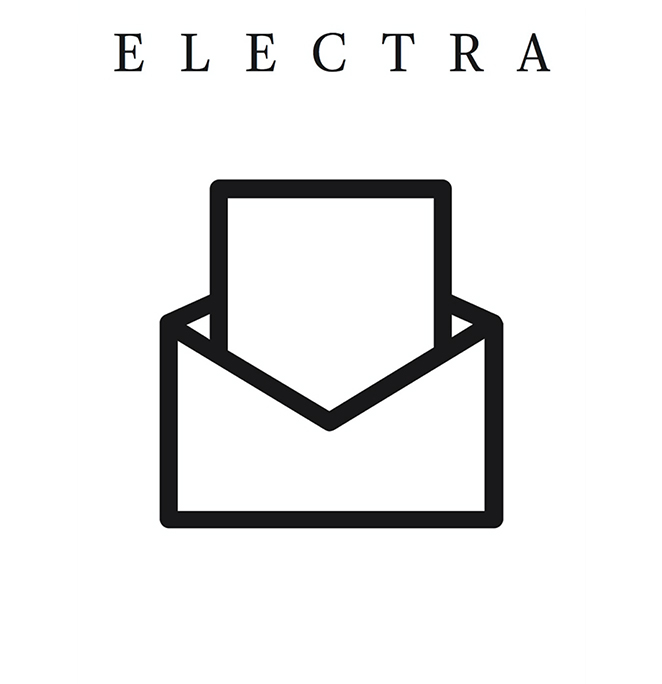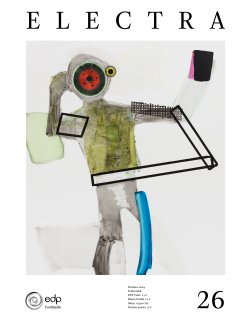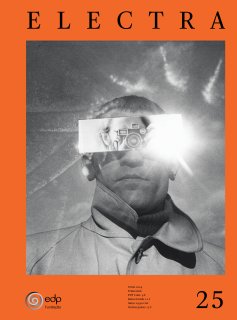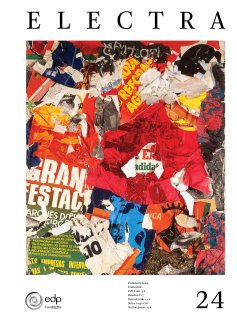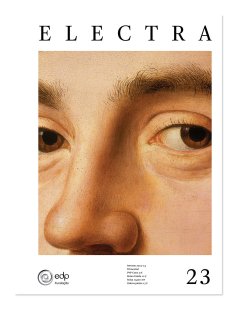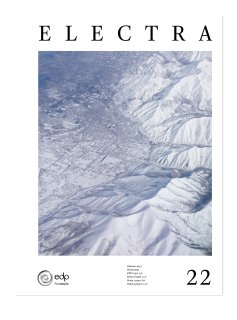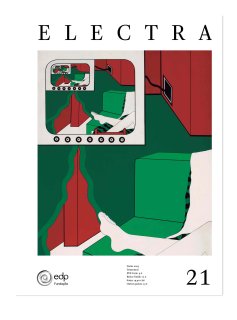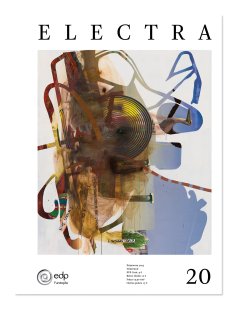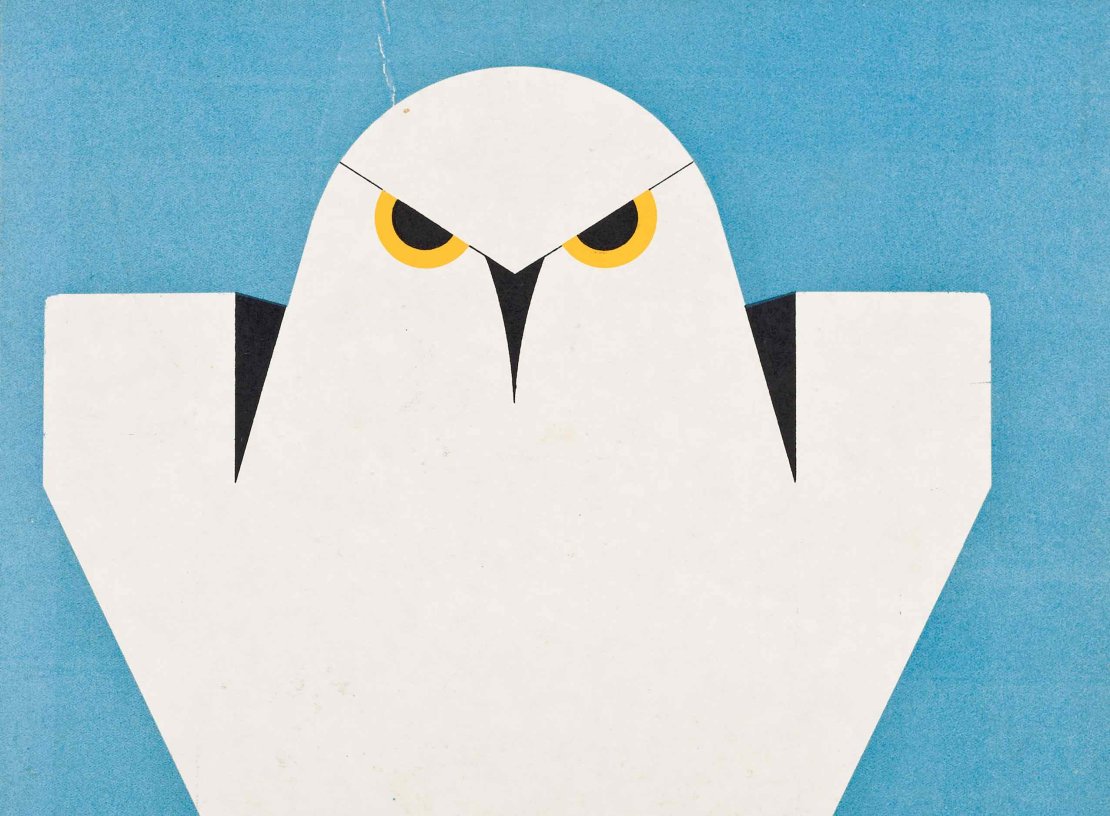
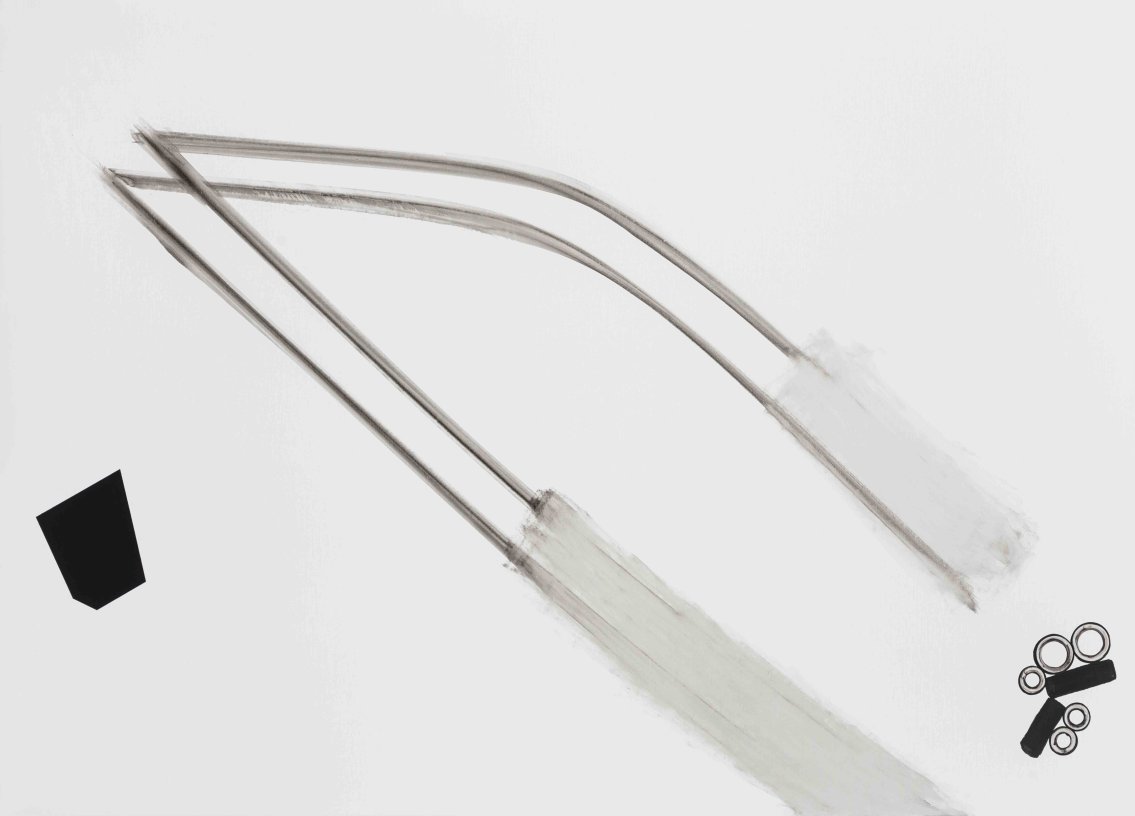
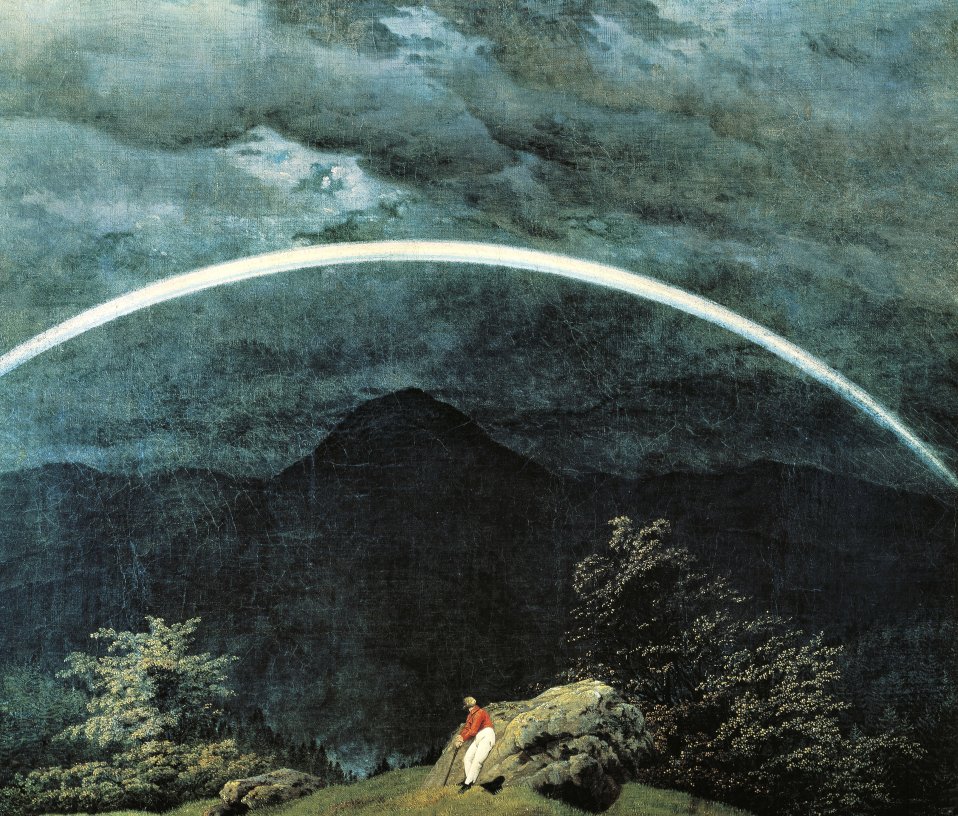
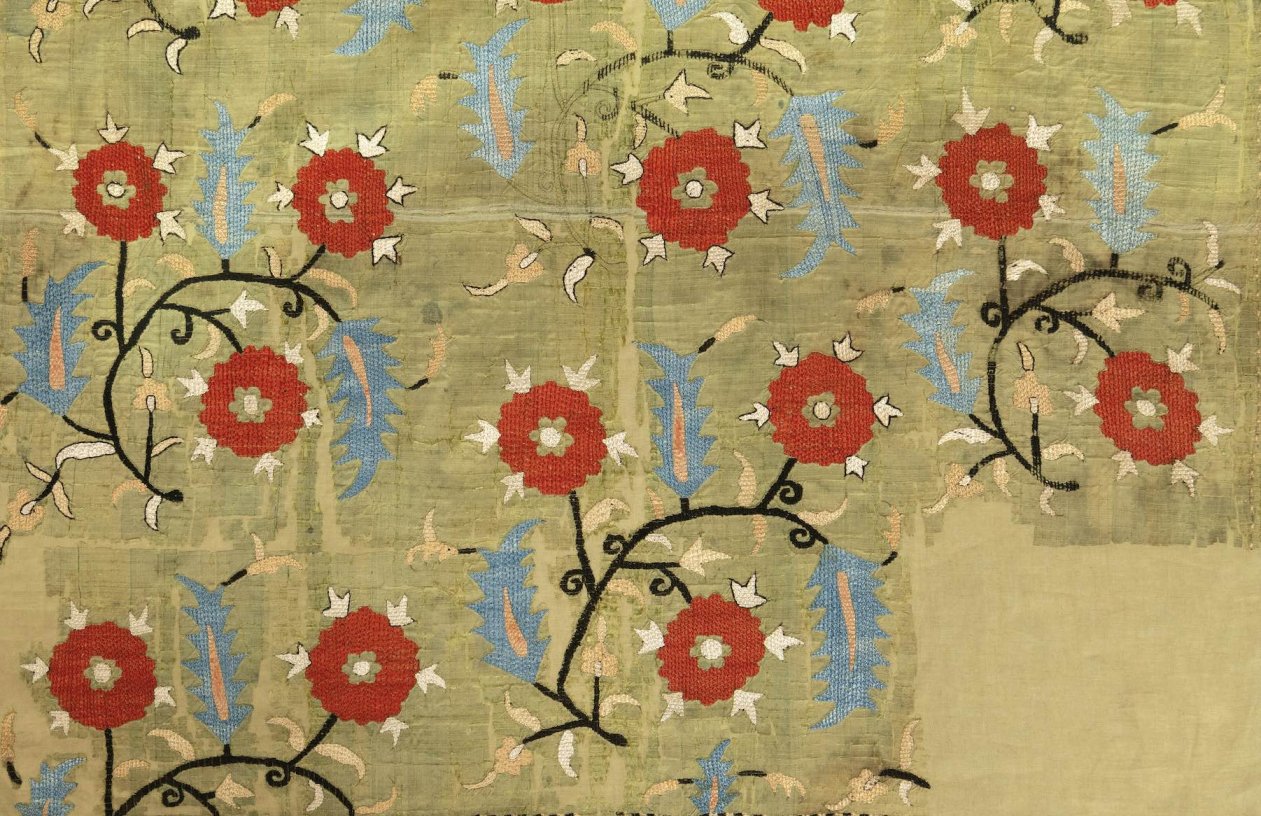
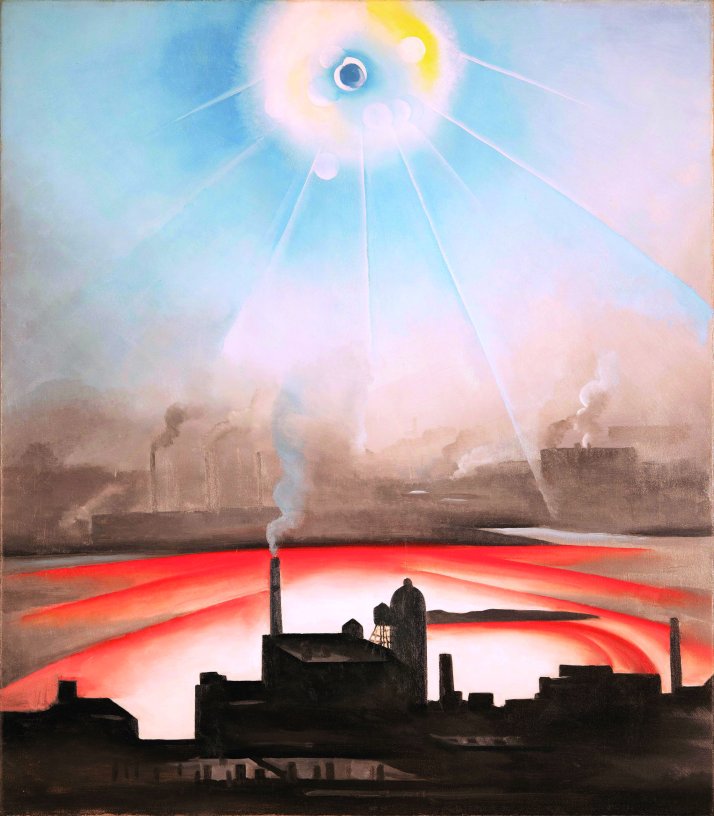
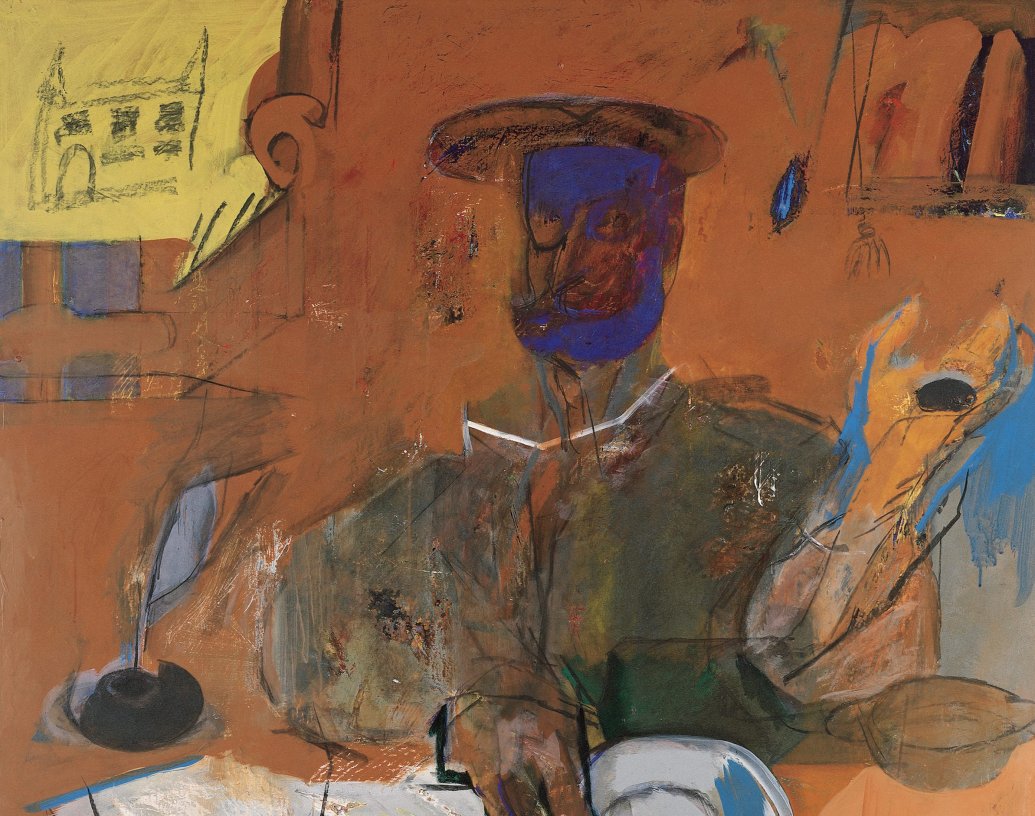
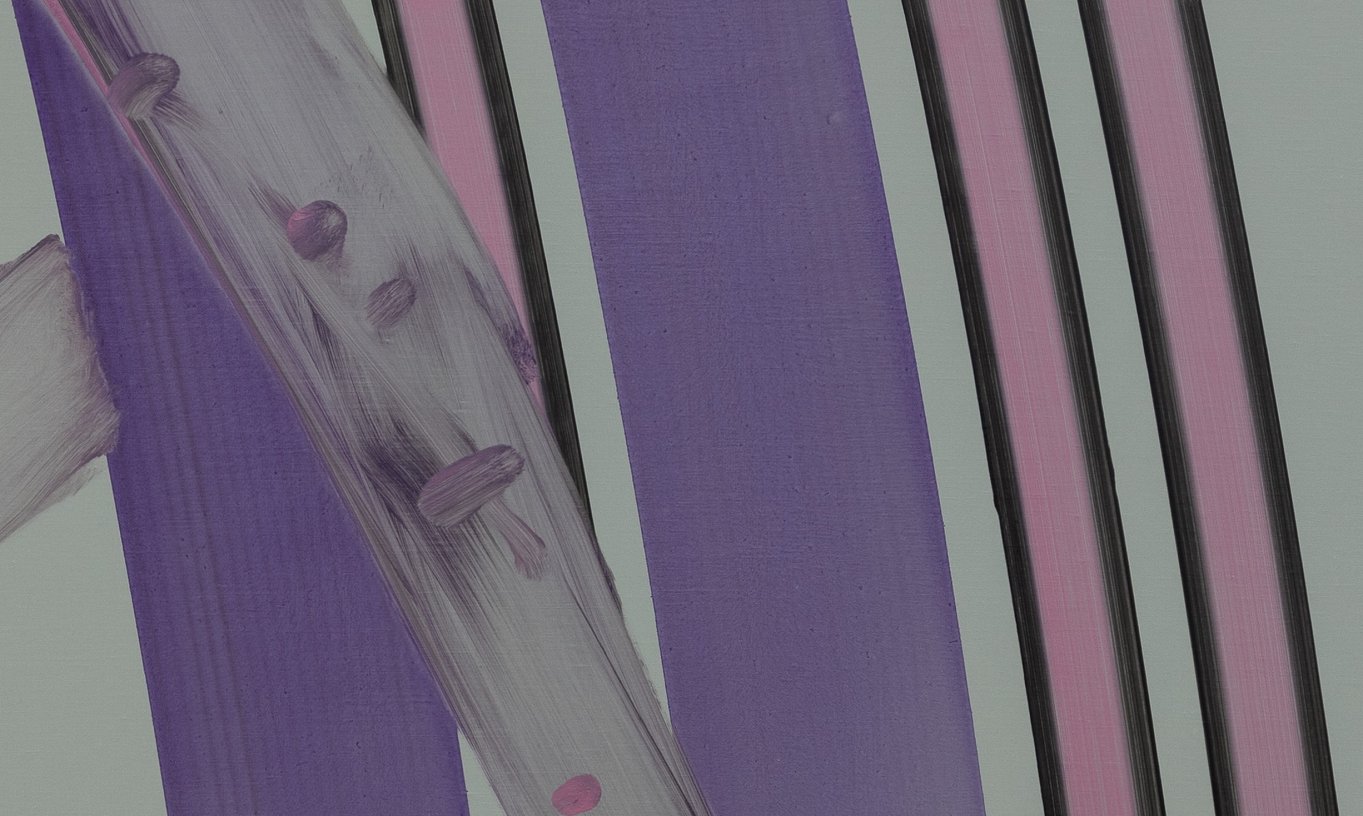
It is a hallmark of our time, an imperative that has spread to all the expressions of our common experience, a theme that, by definition, is always topical. We're talking about ‘The New,’ and the central dossier of Electra 26 is dedicated to it. But what is new today is not that which interrupts the course of the world and of time, such as revolutions in the world of politics or artistic avant-gardes in the cultural field. There is another sense of the new, one which is suited to the spirit of the age and the social and cultural logics that define it: the new in the sense of novelty, amplified by consumer society, as an eloquent manifestation of the futility of time. To develop this theme, Electra brings together contributions from Boris Groys, interviewed by Catarina Pombo Nabais, François Hartog, Iwan Rhys Morus, Lionel Ruffel, and Nuno Nabais.
Highlights of this issue include the interview and portfolio by Italian artist, writer and collector Isabella Ducrot, in whose work textiles are of fundamental importance. At the age of 94, Ducrot's artistic recognition and international media acclaim continue to grow. In her studio, located in the magnificent Palazzo Doria Pamphilj in Rome, where she continues to work, Ducrot received and spoke with Electra, and showed her works and her collections of art and textiles.
The ‘First Person’ section features an interview with geologist and palaeontologist Jan Zalasiewicz, a remarkable scientist who, against the decision taken by a subcommittee of the International Union of Geological Sciences, argued that there is clear scientific evidence that the Earth has entered the beginning of a new geological epoch which meteorologist and atmospheric chemist, Paul Crutzen, dubbed the ‘Anthropocene.’
In the area of political theory, the fate and formal metamorphosis of the ‘political party’ is discussed, an institution that has played a fundamental role in the construction of the modern political body. This topic is discussed in two articles by sociologist Pedro Magalhães and political philosophy professor Damiano Palano.
Also in this issue of Electra, writer Christian Salmon, using a classic phrase by Charles Péguy, analyses the relationship between the present day and Greek antiquity; on the 500th anniversary of the uncertain birth date of Luís de Camões, José Augusto Bernardes writes about the life and work of the great Portuguese poet; Lise de la Salle talks about her work as a pianist, testifying to her daily intimacy with music and meditating on what it means to her; mathematician Umberto Bartocci revisits the mystery of the disappearance in 1938 of Italian physicist Ettore Majorana, a scientist with a remarkably promising career and a disciple of the Nobel Prize for Physics Enrico Fermi, who considered him a genius; architect João Bravo da Costa reflects on Neom, a colossal urban and architectural project being built in the remote deserts of Saudi Arabia; novelist and essayist Daniel Saldaña París tells us about New York, the city where he lives, and about his discovery of this fascinating American city, recalling everything he has read, seen and experienced about it; and Rui Manuel Amaral writes about the word ‘Innovation’.
The new issue of Electra will be presented at the seventh edition of Drawing Room, the art fair dedicated to contemporary drawing held at the Sociedade Nacional de Belas Artes in Lisbon.
Electra is the media partner of the Portuguese Official Representation at the 60th International Art Exhibition – La Biennale di Venezia 2024, whose theme is ‘Foreigners Everywhere’.
Electra will be present at the first edition of the Lisbon Art Book Fair, to be held at the Museum of Contemporary Art - MAC/CCB in Lisbon on the weekend of 21 and 22 September.
The Italian sociologist Vania Baldi, author of the essay Between Artificial Unconsciousness and Machina Sapiens published in issue 25 of Electra, was interviewed for the Público newspaper.
